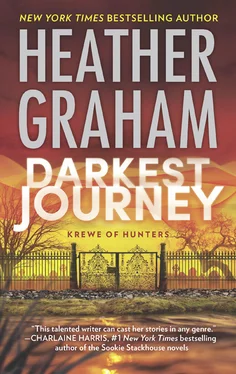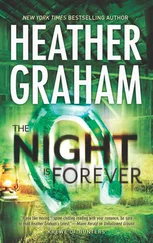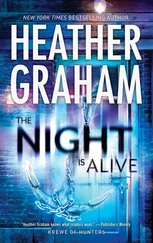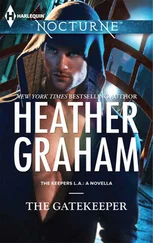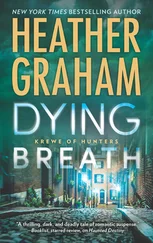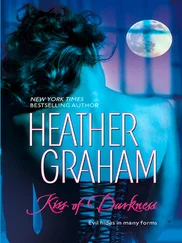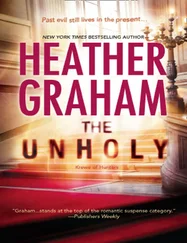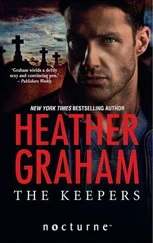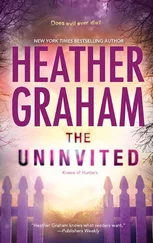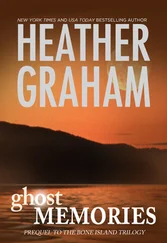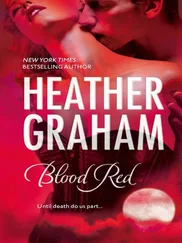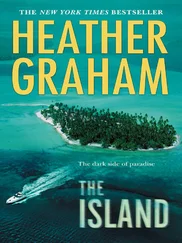As Charlie and the decaying soldiers, along with Harry Grayson and Blane Pica—who played the scuzzy oil baron and sleazy senator trying to kill Charlie—and assorted crew members got a look at the footage, she had to agree with Brad. It was great. Also really creepy. If the rest of the footage was as good, they would have a surefire hit.
“Thank you, and that’s a wrap for the day,” Brad said, smiling. “You’re free—until your 7:00 a.m. call if you’re in the fight scene. Check your schedules and have a good night.”
Grant laughed and called out, “Brad, check your schedule. It’s a 7:00 p.m. call tomorrow.”
Brad winced. “Sorry. Go and enjoy your night.”
Charlie smiled at Grant. She wasn’t on call at all for the next several days. Due to her commitment to a web series she was also filming, she had returned to Francisville only five days earlier, and she’d been on call pretty much nonstop since. Now she had only a few scenes to go.
“Sounds good to me,” Jennie McPherson said, as she glanced over at George Gonzales—another Tulane classmate—who was doing double duty in set design and as a prop master. The extras had been returning their hats, swords, guns, belts, buckles and the rest of their accessories—everything but the period uniforms they were still wearing—and George was frowning.
“Missing a belt buckle, a canteen and a knife,” George said.
“Come on, let’s go. Showers for one and all,” Jimmy said, wrinkling his nose as he got a whiff of himself.
“I’m going to stay and help George and the set guys retrieve whatever fell in the fields,” Charlie told him. “We can’t afford to lose any of our props.” She loved George. He was one of the hardest-working and funniest friends she had, claiming descent from both slaves and also from their Confederate masters. He loved to chime in on their historical discussions, especially since his mother—who, confusing things even more, was Israeli—had been born in New York City. He considered himself a Confederate/Yankee/African American, and liked to say that gave him a unique perspective.
“Yeah, don’t want to leave George in the lurch,” Jimmy said. “I guess I can stay, too.”
“You have a call tomorrow night. I don’t. Go have fun, then get some sleep,” Charlie said.
“Oh, man, thanks, Charlene! There is so much we have to be so careful with! Money, you know,” Jennie said. She was a petite blonde, and with her hair in a ponytail, as it was now, she looked to be about fifteen, but she’d actually turned thirty on her last birthday. Brad had met Jennie working on a project in New Orleans. She liked to lord it over George, who was her junior by a year. “We have to be so careful about costs.”
“I’ll stay and help, too,” Grant offered.
“No, you do the books, you do the budgeting, you write the checks—and you’re an extra every time Brad needs one. I’ve got this,” Charlie said. “Go.”
Jimmy and Grant left, looking more like ghostly apparitions than ever as they headed toward their cars. Brad didn’t notice; he was studying shots with Mike, his brother and main cameraman.
“I’m off to look for your missing props,” Charlie said. “Can Barry light up the field for me?” Barry Seymour was in charge of lighting. He was also an electrician, which made him perfect for the job, because he could fix any problems at minimal cost. He came from Baton Rouge, and like Grant, he was in his early forties. He could not only take the time to work on the film but he could invest in it, as well, because he’d once worked as an electrician on one of the big oil rigs in the Gulf. He’d taken his pay and invested heavily in the oil company, and it had paid off.
“Barry! Light the field!” Jennie yelled.
Charlie cringed. She could have yelled herself.
“I can help, too,” Luke Mayfield, their sound engineer and another friend, just a few classes ahead of Charlie and Brad at Tulane, walked over and said to Charlie.
“Great,” she said.
She hurried toward the field where they’d been filming, followed quickly by Luke and George, and then Barry, Mike and Brad.
Even the director worked at keeping costs down.
As she walked, head down, eyes searching the ground, she was glad to be alone with her thoughts. Jimmy telling her about the murdered man had been unnerving. Especially here. She couldn’t help but remember the past. And now something bad had happened again.
Yes, something bad happened somewhere every day, but that was no consolation.
She paused for a minute and looked up at the church.
The area held strange memories for her—some pleasantly nostalgic, some not so great. Now, though, the church and the surrounding landscape had an eerie beauty in the moonlight. The church wasn’t immense or grand, like a cathedral, but it stood proud on its bluff overlooking the Mississippi, and there was even something unexpectedly poignant about it. The cemetery around the church was filled with graves of all kinds, in-ground, “box” graves—literally stone or marble in the shape of boxes—and family mausoleums. Cherubs and angels stood guard everywhere. Grace Episcopal Church still served the people of the parish, and the building and graveyard were well kept without looking manicured.
The mist created by their fog machines was dispersing, but slowly, so a low fog still hovered over the ground, making her search difficult and rendering the scene deceptively surreal.
For a moment Charlie found herself thinking that she could see a distant past when war had raged—and a temporary peace had been found. She could almost see those soldiers, some who had lived and some who had died, making their way through the mist and the moss-draped oaks.
She remembered being young and playing in the graveyard when she shouldn’t have. She’d imagined seeing things then, too....
And then there had been that night in high school when she’d been pledging the Cherubs and ended up tied to a headstone, even though they all knew there was a killer at work not far away.
A serial killer who targeted young women.
Ethan had found and freed her. And she knew, though she hadn’t said anything to Jimmy, that she was especially upset because...
Because she’d become entangled in that last murder when she’d found a dead girl’s bracelet.
Charlie gave herself a serious shake. She’d been living in New Orleans since she’d graduated from college; that’s where the work was. She’d done some national commercials and even a few guest spots on network shows. But...
This was home. She loved it here. And she would be damned if she was going to be afraid out here now. She wasn’t tied up; she wasn’t a kid. She was an adult—ten years older, and making a good living in her chosen field.
Still, she couldn’t help but remember the past.
She’d looked up information on the men who had died in and around the area, especially those who had been buried here. She was pretty certain she’d found the cavalryman whose ghost she’d seen all those years ago; his name was Anson McKee. Anson had been a married man with one son, and he’d been a graduate of West Point. The week before his death he’d written the most beautiful letter to his wife, a letter now preserved in a museum in New Orleans. He’d written of his love for her, his fear not of death, but of leaving her.
Know that I will whisper your sweet name with my last breath. Know that whenever Almighty God may choose to take me home, my time on this earth was the sweetest and most precious any man could ask for. I was blessed to know you, to live with you, to hold you and call you wife.
She sometimes wished that she could see him again and tell him that she’d been blessed because of him.
Читать дальше
